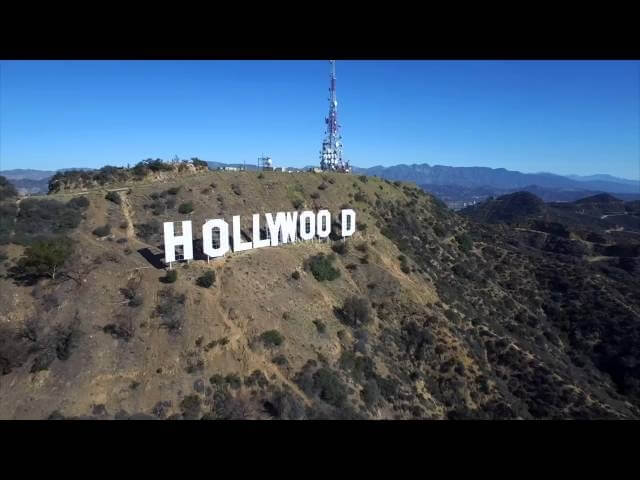Learn how an 8-hour documentary gets made with this oral history of O.J.: Made In America

More than two decades after the trial, 2016 gave us two new examinations of the O.J. Simpson case. One was American Crime Story: The People V. O.J. Simpson, an FX series from Ryan Murphy starring Cuba Gooding Jr. as Simpson, Sarah Paulson as prosecutor Marcia Clark, and David Schwimmer as a guy who says “Juice” a lot. The other was O.J.: Made In America, an eight-hour documentary from filmmaker Ezra Edelman that uses Simpson as a means to explore complicated issues of race, privilege, and legacy.
Edelman’s film is a staggering work, thematically rich and thought-provoking. It’s also really, really long. “We were interested in the context, in the story of race, of celebrity, and how O.J. helps you tell that story,” says Connor Schell, executive producer and senior VP of ESPN Films in a new oral history from Wired. “That’s a story we’re really interested in telling—and therefore, it needs to be long.”
It could’ve been longer, too. Among the many fascinating revelations in Angela Watercutter’s lengthy piece is that the film was assembled from 72 different interviews and roughly 800 hours of archival and interview footage. What’s perhaps even more striking than how Edelman and Schell went about conceiving the project is the amount of elbow grease that went into the behind-the-scenes strategy and organizational processes.








































